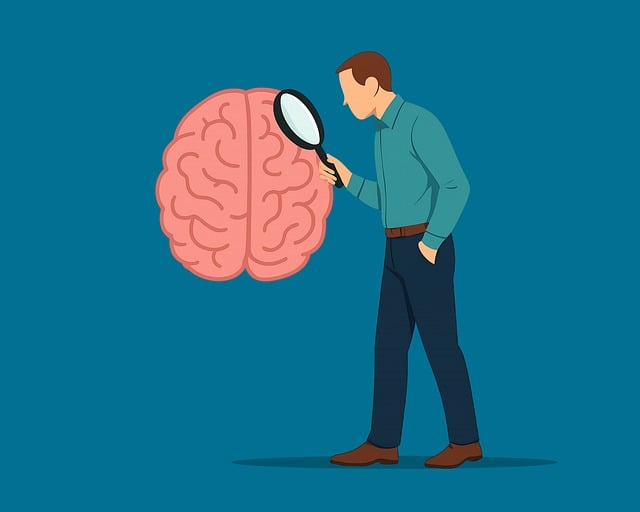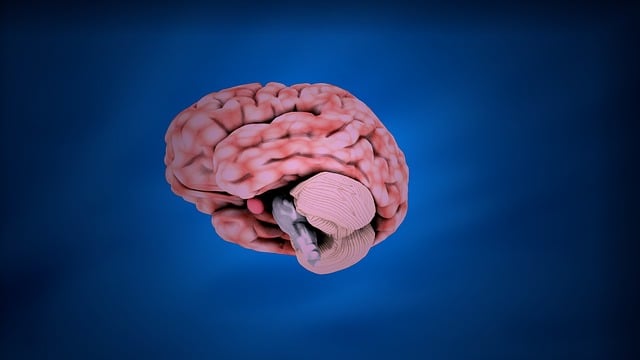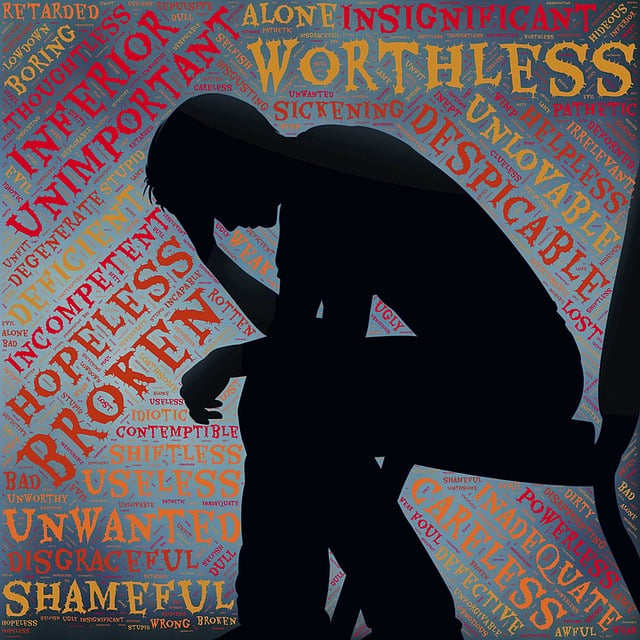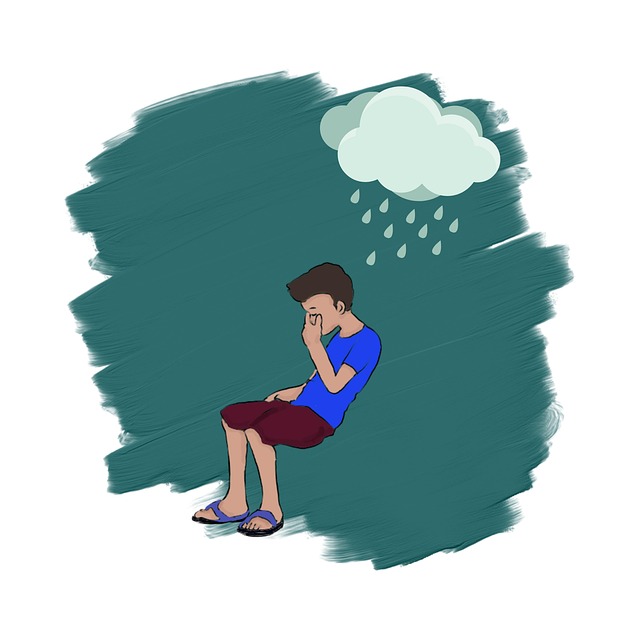Loss, grief, and bereavement are complex emotional responses to significant life changes, including death or transitions. Superior Psychosis Therapy acknowledges these challenges by offering tailored counseling support for emotional healing. Through learning coping mechanisms and developing resilience, individuals navigate the intricate landscape of grief in a supportive environment. This therapy addresses physical, emotional, and cognitive aspects, dispels misconceptions about grief therapy, and leverages evidence-based practices like CBT and mindfulness to reduce psychotic symptoms and improve mental wellness. Success stories highlight its power in empowering clients to heal and grow through their pain.
Loss, grief, and bereavement can profoundly impact an individual’s well-being. This comprehensive guide explores these complex emotions, offering a deep dive into understanding loss, its various stages, and the crucial role of counseling in navigating difficult times. We debunk common misconceptions about grief therapy and highlight effective strategies for providing superior psychosis relief. Through real-life success stories, we emphasize the transformative power of bereavement counseling, inspiring hope and healing.
- Understanding Loss, Grief, and Bereavement: A Comprehensive Overview
- The Role of Counseling in Navigating Difficult Times
- Uncovering Common Misconceptions About Grief Therapy
- Exploring Effective Therapies for Superior Psychosis Relief
- Finding Hope and Healing: Success Stories from Bereavement Counseling
Understanding Loss, Grief, and Bereavement: A Comprehensive Overview

Understanding loss, grief, and bereavement is a complex journey that involves recognizing and processing deep emotional reactions to significant life changes. Loss can stem from various sources, including the death of a loved one, major life transitions, or even unexpected events. It’s not merely about sadness; it’s a multifaceted process that impacts individuals physically, emotionally, and cognitively.
Grief, as a natural response to loss, is often characterized by stages—denial, anger, bargaining, depression, and acceptance—though these stages may not always follow a linear path. Superior psychosis therapy recognizes the unique experiences of each individual and tailors support to facilitate emotional healing processes. Through effective counseling, individuals can learn coping mechanisms, develop resilience, and navigate the intricate landscape of grief in a supportive environment. Community outreach program implementation and mental health education programs design can further enhance access to resources, ensuring that those experiencing loss have the tools and knowledge needed for their emotional recovery.
The Role of Counseling in Navigating Difficult Times

Counseling plays a pivotal role in helping individuals navigate the turbulent waters of loss, grief, and bereavement. It’s more than just providing a safe space to express emotions; it equips people with tools to process their feelings effectively. Through superior psychosis therapy, individuals can explore complex emotions, understand their coping mechanisms, and develop healthier ways of dealing with their loss. This supportive process allows them to find meaning in their grief, enhance their mental health awareness, and build inner strength.
Moreover, counseling offers a platform for cultural competency training, ensuring that healthcare providers are equipped to support diverse individuals from various backgrounds. By recognizing the impact of cultural beliefs on grief processes, counselors can provide more tailored care. This holistic approach not only respects individual differences but also promotes healing and well-being during difficult times.
Uncovering Common Misconceptions About Grief Therapy

Grief therapy often faces misconceptions, with many assuming it’s only for those who have experienced a significant loss or that it’s a sign of weakness. However, superior psychosis therapy goes beyond these myths. It’s a supportive process designed to help individuals navigate their emotions and adapt to life after a loss. This type of counseling doesn’t imply that someone is broken; instead, it offers a safe space for expression and healing.
The benefits of grief therapy extend far beyond the initial stages of bereavement. It can aid in developing effective coping strategies, enhancing mental wellness coaching programs, and fostering cultural sensitivity in mental healthcare practice. Public awareness campaigns development can also help dispel these misconceptions, encouraging those experiencing grief to seek support without stigma. Ultimately, recognizing that grief is a natural response to loss paves the way for individuals to find peace and continue their journey towards healing.
Exploring Effective Therapies for Superior Psychosis Relief

In the quest for superior psychosis therapy, exploring evidence-based approaches is paramount. Counselors and therapists play a pivotal role in guiding individuals navigating loss, grief, and bereavement. One effective strategy involves Cognitive Behavioral Therapy (CBT), which helps clients identify and challenge negative thought patterns associated with their loss. By reframing these thoughts, CBT promotes healthier coping mechanisms and reduces the intensity of psychotic symptoms.
Additionally, incorporating elements of Mindfulness-Based Therapies can be transformative. These programs, often tailored to specific mental health needs, encourage individuals to focus on the present moment, fostering a sense of calm and grounding. The design of these therapy sessions considers the unique challenges faced by those dealing with loss, integrating self-care routine development for better mental health, including anxiety relief techniques. Such holistic approaches offer substantial benefits in managing psychosis and enhancing overall well-being.
Finding Hope and Healing: Success Stories from Bereavement Counseling

Many individuals struggling with loss, grief, and bereavement find hope and healing through superior psychosis therapy. These counseling sessions provide a safe space for clients to explore their emotions, process their losses, and develop healthy coping mechanisms. Success stories abound, with many people finding solace and strength in sharing their experiences and working through their pain.
One such story involves a client who had lost a loved one suddenly. Through bereavement counseling, they learned effective emotional regulation techniques that helped them manage their depression prevention and stress levels. Another individual, who previously felt isolated and unable to connect with others, discovered the importance of community support and found comfort in attending stress management workshops organized by a local organization. These examples illustrate how superior psychosis therapy can empower individuals to navigate their grief, find purpose, and embark on a path towards healing and personal growth.
Loss, grief, and bereavement counseling offer vital support during challenging times. By understanding these complex emotions and their impact, counseling can provide effective tools for navigating difficult journeys. Uncovering misconceptions about therapy empowers individuals to seek help without stigma. Exploring evidence-based practices, such as superior psychosis therapy, ensures tailored and effective healing. Success stories from bereavement counseling demonstrate the transformative power of support, offering hope and a path to healing for those facing profound loss.














